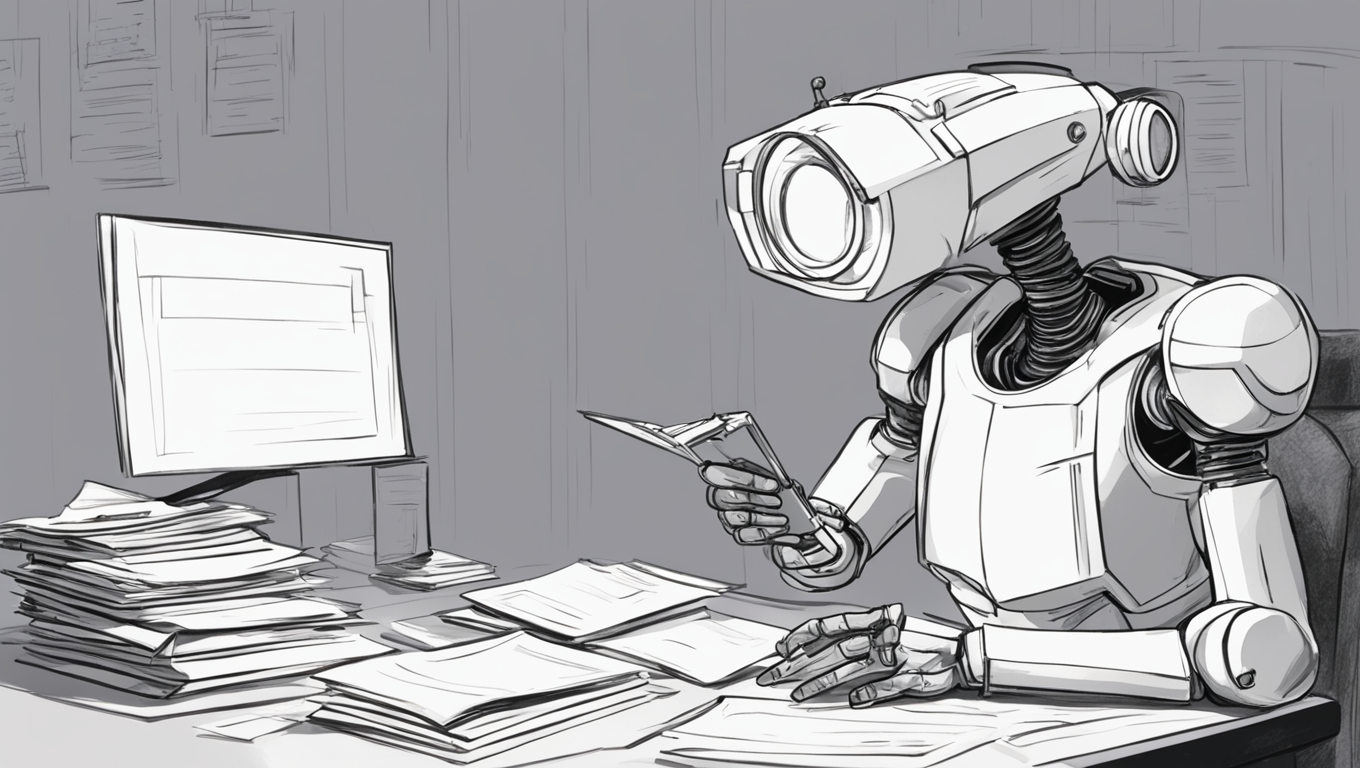Japanese cram school, Kawaijuku Educational Institution, has developed a cutting-edge AI system to tackle the issue of generative AI being used in university applications. With the increasing use of tools like generative AI in the composition of personal statements, there is a growing concern about the authenticity and integrity of these applications. The system developed by Kawaijuku aims to detect whether generative AI has been employed in the statements submitted by high school students.
Universities in Japan are starting to place greater emphasis on grades, essays, and interviews for their admissions processes, moving away from relying solely on traditional entrance examinations. This shift has made it more challenging to determine the authenticity of personal statements. Students are expected to describe why they are applying to a particular university and highlight their personal strengths and weaknesses.
The AI system developed by Kawaijuku is based on a detection system created by Google LLC, which is capable of identifying telltale signs of generative AI in the statements. While it is highly accurate for statements of 500 to over 1,000 characters, the system still has an error rate of 5 percent, according to Kawaijuku.
In 2023, 51 percent of Japanese universities started considering personal statements and interviews as significant factors in the student selection process, a significant increase from 44 percent in 2013. Some universities, like Sophia University and Aoyama Gakuin University, have explicitly banned the use of generative AI in entrance applications. However, many other institutions are yet to establish concrete rules regarding the use of such tools. Saga University, for example, has mentioned the difficulty of identifying whether or not generative AI has been used and believes in evaluating candidates through multiple methods, including interviews.
The development of this AI system by Kawaijuku is a significant step in ensuring the authenticity and fairness of university applications. By detecting the use of generative AI, it helps maintain the integrity of the application process and ensures that students are being evaluated based on their genuine abilities and qualities.
In the words of Dai Nishigori, chief of the admissions center at Saga University, “We have to continue evaluating candidates through a multitude of ways, including interviews, and not just through documents.” This sentiment highlights the importance of a holistic approach to evaluating students, going beyond written statements and considering various aspects of their qualifications and potential.
As universities continue to adapt their admissions criteria and processes, they must also address the growing concerns surrounding the use of AI tools. The development and implementation of systems like the one created by Kawaijuku provide a crucial layer of reassurance, ensuring that the admissions process remains fair, transparent, and focused on the genuine capabilities and aspirations of students.





Use the share button below if you liked it.